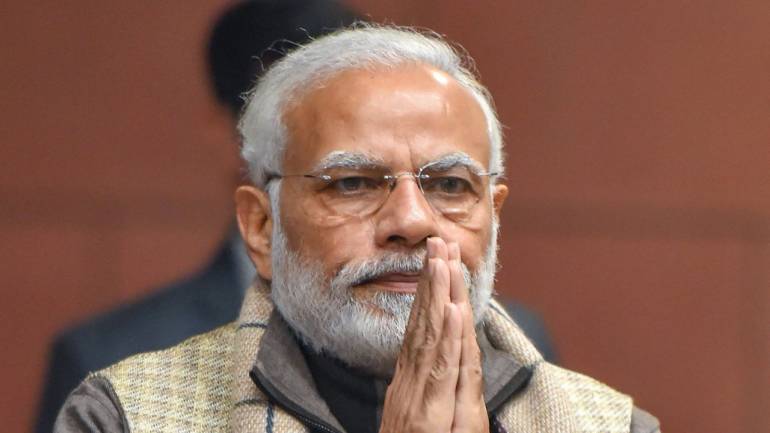Online sports betting site Betfair has closed betting in India. The news came in late January, that the company would close betting to Indian gamblers was released in an email which urged users in that country to pull any remaining funds from the site by Jan 28.
They also announced that all pending sportsbook and matched Exchange bets would be honored through the site’s customer service portal, though access to much of the site has now been restricted to users attempting to access the site from inside the country.
Betfair has yet to give any public explanation for the move on its part, though it comes in the midst of allegations that Betfair and the other aforementioned international gambling operations have conducted less than scrupulous business practices which may violate Indian law.
AIGF Letter to Prime Minister Narendra Modi
There have been recent calls from The All India Gaming Federation (AIGF), to ban all offshore betting sites. The AIGF has raised concerns over the potential gambling addiction risks posed by unapproved gambling operators accepting bets from Indian citizens.
In a letter sent by the AIGF to Prime Minister Narendra Modi, they accuse nine online gambling websites of “luring and accepting bets from Indian citizens” without local authorization.
According to Indian gaming news outlet Glaws, nine gambling sites were named in the letter which includes Betfair.com, 1xbet, BodogIndia, Jeetwin, and Bet365. The group has accused the sites of violating the Foreign Exchange Management Act and the Prevention of Money Laundering Act.
According to reports, The AIGF asked Modi to instruct the government’s Enforcement Directorate to crack down on payment processing services that facilitated financial transactions between Indian betters and the sites mentioned, as India’s central government has yet to authorize their activities.
These offshore sites pay no taxes, and officials are concerned that the vast amounts of money leaving India’s in the form of offshore bets could negatively impact the Indian economy. The AIGF has also raised concerns over the potential gambling addiction risks posed by unapproved gambling operators accepting bets from Indian citizens.
The fact that gambling revenues are flowing out of the country into the hands of foreign operators coupled with the knowledge that gambling addiction is now becoming a bigger concern in India has forced organizations like the AIGF to raise a voice of concern.
The AIGF warned that payment transactions between local gamblers and offshore gambling sites could promote money laundering, given the use of remote systems to make payments, such as digital wallets, agents and the ‘hawala’ money transfer system widely popular in Islamic countries.
Gambling in India
With a population of well over 1 billion people, India is a huge market for gambling and betting sites. One of the most popular pursuits in this sector is sports betting. The people of India are crazy about sports, particularly cricket and horse racing. They also enjoy casino games and poker.
Many groups have recently been pushing for some of these restrictions to be eased. The state is still hesitant to expand the gambling laws in India because they don’t want corruption and crime to increase.
Gambling activities fall under a legal grey area in India. Although a good percentage of money is wagered legally on horse racing and lottery, a large amount is wagered on cricket and other sports via illegal and “technically illegal” channels.
The primary legislative document that makes gambling in India a shadowy realm of legality is the Public gambling act. This is an old law implemented under British rule. This 145-year-old law makes operating a gambling house, assisting in the operation of a gambling house, visiting a gambling house (whether gambling or not), financing gambling and being in possession of gambling devices a crime. There are certain exceptions to this law for lottery and skill games, including some card games, but the law code is rather dated and leaves loopholes for other gambling activities that may be illegal and unethical.
At a time when nearly all other developed countries have legalized and regulated gambling, India has turned a blind eye on an enormous revenue-generating opportunity, which may also lead to the curbing of prevalent match-fixing.
While this may come as disappointing news to some Indians, The good news is that sites like Dafabet and other betting sites continue to accept legal bets from Indian nationals, presumably operating within the letter of India’s laws.


